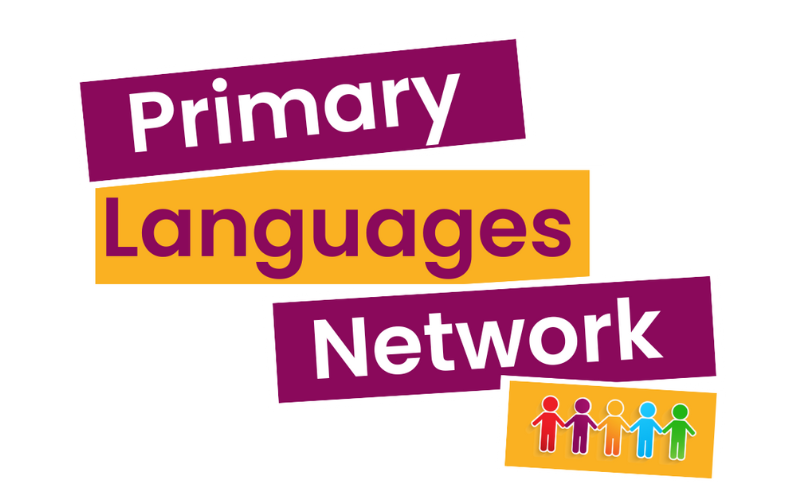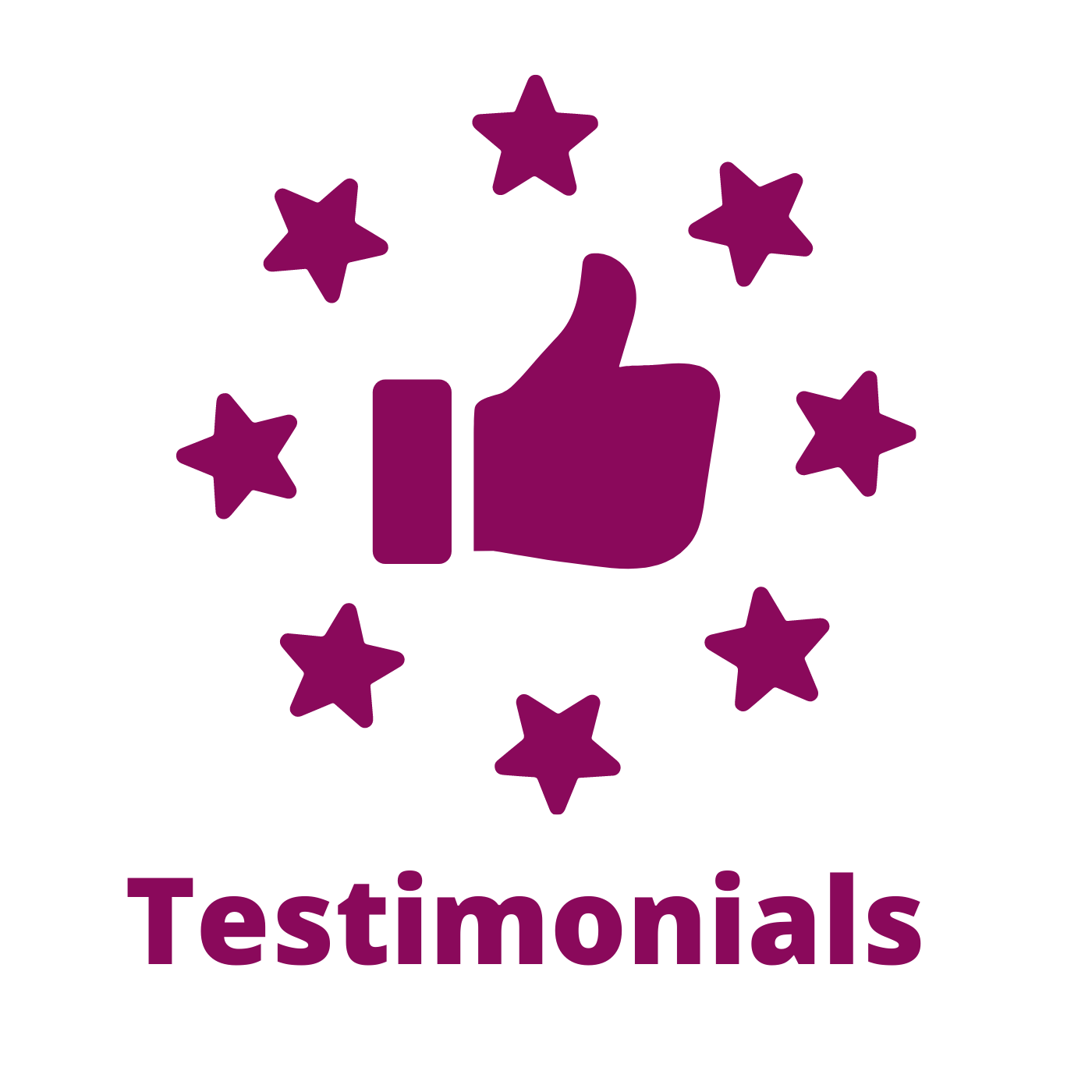So this is my first blog post about transition between KS2 and KS3 this year. I say "this year " because it's an area that over many years I along with other colleagues have tried to encourage networking between KS2 and KS3. Sometimes I made real strides forward and other times it seemed like all the good intentions and the good work just fizzled out!
On reflection there were and still are lots of reasons for this - time, funding, change of staff in either secondary or primary, insecurity about the future of and the direction of primary language learning or the demands of KS3 and KS4. I am sure you may also be able to add another to the list . . .
I love the phrase "if you want to walk on water you have to get out of the boat"! I think it is true - sometimes you just have to take the first step. 18 months ago, Warrington Teaching Schools Alliance and my network did just that. We applied for a DFE grant to support schools in the Northwest make progress in primary language learning and build bridges between KS2 and KS3. 12 months ago we focused our attentions mainly on KS2 and we are still out there helping primaries.We invited KS3 colleagues to engage too. A limited number were able to do so - time and pressure were cited as the main reasons but did begin (again) to bring KS2 and KS3 colleagues together.
I knew I needed to have "buy in" from SLT in secondary as well as primary and there had to be common purpose.I knew therefore that we had to argue, show and prove that learning a language from Y3 on-wards makes a difference both for the young learner, schools and also up at the top end too when it comes to performance. We are at the "showing and proving stage" now I think. It isn't about "secondary ready" but about building from the bottom, bringing as many young language learners successfully along as we progress and taking stock of what progress has been made and being willing to adapt.In my opinion we lost too many young learners in the past, because at 11 we couldn't address what they really wanted to talk about and say.We needed to sgtart earlier and build confdence in language learning skills whether they changed languages or stayed with the same language. How fantatsic will it be when we can honestly say that offer and develop in as many learners as possible for their own futures, young adults with the ability to learn languages and with an understanding of how to independently help themselves do this!
Now we have five up, running and functioning open transition groups. "Open ...Groups" because there has to be the flexibility to bring in new members and to address the ever growing number of schools linking with individual high schools, rather than clusters. We are working with three high schools in Warrington and two high schools in Crewe and Widnes. We are offering platform to allow teachers to build strategic solid foundations supported by both SLT in KS3-4 and SLT and coordinators in KS2. The key link is school improvement .The discussions are based upon the current guidance- DFE POS and key indicators of progress in language learning skills (including CEFR) that we can measure using our assessment tools (L,S,R,W and grammar acquisition).Behind all of this is the power of the VLE which allows for immediate, virtual and effective dialogue and sharing.
In reality this means that each of the networks (which met or prepared last year and are currently part of the DFE MFL KS2- KS3 project ) have met or are about to meet this half term.The teachers have now gone back to their schools to:
- Create and trial a listening activity (in year groups in KS2 and also in Y7) which demonstrates either "understanding a range of familiar spoken phrases" or aspirationally for some but not for all "understanding the main points from a spoken passage". This will be evidenced, on the VLE and ready to share and discuss at their next meeting.
- Trial two shared learning tools: physical response game and a (with language as limited as numbers or as challenging as tenses in Y7) .What we are beginning to try to do here is build a bank of familiar learning activities so should children change languages, the new language and not the expectations of the activity is the challenge.
- Have a special events focus that all the children learning a language in the school can participate in. The first special events focus is Bonfire Night using the bonfire poem - in primary classes and also in Y7 and to share the ways the language learners explore the text and what creative outcomes they come up with. The Crewe group has several schools learning German in KS2 and Y7 are being introduced to German so the schools are going to look at ways to explore Sankt Martinstag too with some support and input at the next CPD provided by Leighton Academy.
Working with a range of schools is one of my great pleasures! What I can see happening already in this project is that the groups are beginning to create their own ways forward. They are finding their own best ways to collect data - soft and hard data, to offer their own in house group or individualCPD (and this is both KS3 supporting KS2 and KS2 supporting KS3 colleagues), to share and use bespoke materials,which suit the learning needs of their pupils.
Will it work? Well I hope so! That isn't really enough though is it. What I have seen so far this time is that SLT particularly in KS3-4 want to know, are asking questions, reading minutes and asking informally how the meeting went and how they can help move things forward strategically. Truthfully I needed this support many moons ago when I was a local authority consultant trying to achieve this - so this time I think it will prove to bemore "positive building of a strategic continuums " and less "strategic conumdrums"!




